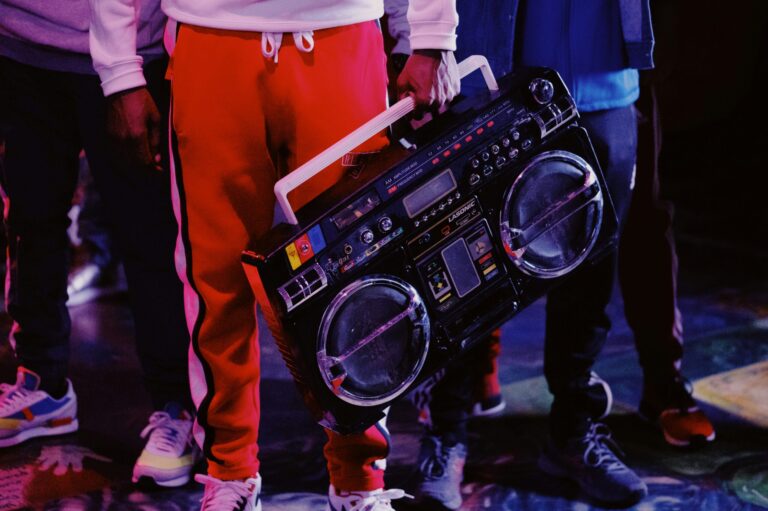On this day, Compton rapper The Game released his eleventh studio album, “Drillmatic: Heart vs. Mind,” reasserting his position in the rap world with an ambitious, star-studded project that showcased his lyrical depth and diverse musical influences.
Executive produced by the prolific Hit-Boy, the expansive 30-track album reflected The Game’s vision of creating a defining work in his discography. From gritty street narratives to introspective ballads, “Drillmatic” weaves together the many facets of The Game’s artistry. Clocking in at nearly two hours, the album offers a comprehensive listening experience, attempting to blend street authenticity with mainstream appeal.
The project included an impressive lineup of guest features that spanned generations and styles of hip-hop. Collaborations included appearances from Kanye West, Lil Wayne, Big Sean, Ice-T, Fivio Foreign, Roddy Ricch, YG, Ty Dolla $ign, Moneybagg Yo, A$AP Rocky, Jeremih, Pusha T, 2 Chainz, and Meek Mill. These contributions lent the album both commercial weight and artistic variety, helping to draw in a wide audience.
The album’s lead single, “Eazy,” featuring Kanye West, set the tone with its provocative lyrics and gritty production. The track stirred controversy upon release but quickly climbed the streaming charts, reaffirming The Game’s ability to command public attention. Another headline-making song, “The Black Slim Shady,” is a ten-minute lyrical assault directed at Eminem, underscoring The Game’s confrontational approach to hip-hop and his insistence on sparring with top-tier artists.
Beyond the diss tracks and collaborations, “Drillmatic” also delves into more personal territory. Tracks like “A Father’s Prayer” provide glimpses into The Game’s role as a father and his reflections on life, fame, and responsibility. Other songs such as “Chrome Slugs & Harmony” pay tribute to hip-hop’s golden era, with stylistic nods to the genre’s foundational elements.
Upon release, the album sparked a divided critical response. Some praised The Game for his lyrical dexterity and the album’s broad sonic palette, hailing it as a return to form. Others criticized its length and uneven pacing, suggesting that the extensive tracklist diluted its overall impact. Nonetheless, the release marked one of the most talked-about hip-hop albums of the year and underscored The Game’s enduring influence in the genre.
Commercially, “Drillmatic: Heart vs. Mind” debuted at number 12 on the Billboard 200 chart, a respectable showing for a veteran artist. The album’s streaming numbers were buoyed by the anticipation surrounding its high-profile features and the controversies it generated.
In the weeks following its release, The Game maintained a strong media presence, giving interviews and promoting the album across digital platforms. He emphasized that “Drillmatic” was more than just another record — it was, in his words, “the best album of my career.” His confidence, paired with the project’s scope and ambition, reasserted his place in the ever-evolving hip-hop landscape.
Now, nearly three years later, “Drillmatic” stands as a bold chapter in The Game’s extensive catalog. Whether celebrated for its lyrical intensity or debated for its audacious disses, the album remains a testament to The Game’s unrelenting drive and his desire to leave a lasting mark on hip-hop.


